What Is T1-11 Siding? 5 ...
- Mon to Fri: 09:00 am to 07:00 pm
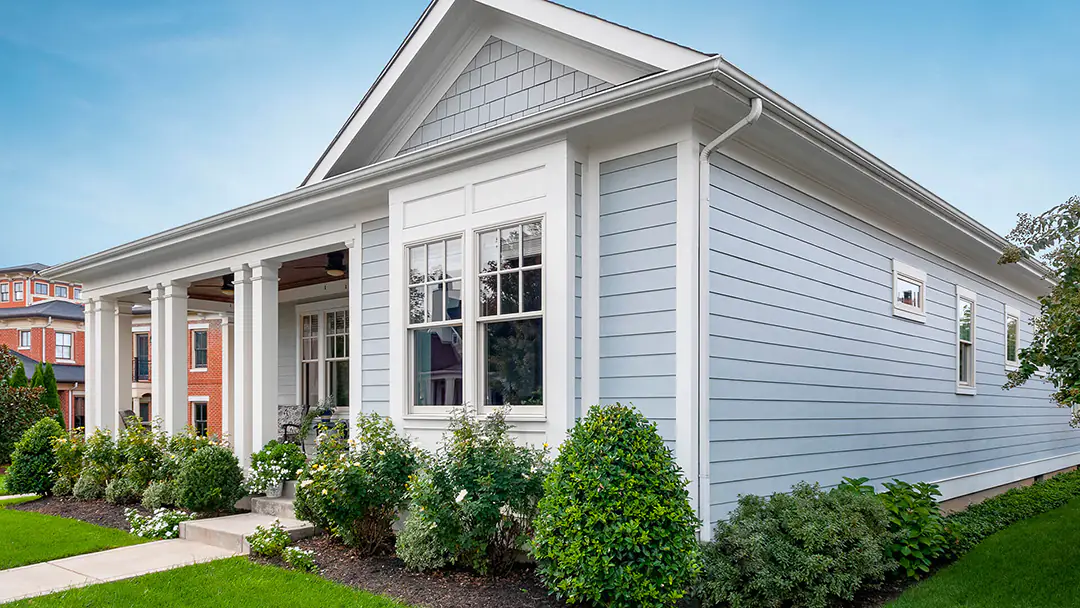
Vinyl siding is becoming an increasingly popular choice for home sidings. There are many reasons for this, but one of the most appealing aspects of vinyl siding is that it is incredibly low-maintenance. In most cases, you will only need to perform proper maintenance on your vinyl siding after a storm or other accident.
However, with any type of home improvement project, there are always concerns about how long the new installation will last. In this article, we will explore the lifespan of vinyl siding and what homeowners can do to make sure their investment lasts as long as possible.
Many people choose vinyl siding because it is cheaper and easier to take care of than other types of siding. But just how much lifespan can you expect from vinyl?
In general, most types of vinyl siding will last between 15 and 40 years. However, if the vinyl panels are of poor quality or if they are exposed to excessive sunlight, wind, or other harsh elements, they may only last 10 to 15 years.
It is important to note that the lifespan of vinyl siding can be greatly affected by the quality of the siding material used as well as the installation thats why we always recomend having it installed by a professional. Additionally, vinyl siding may fade over time, especially if it is not properly maintained. Regular cleaning and sealing can help to extend the life of your vinyl siding.
If you take these factors into consideration, you can get a better idea of how long your vinyl siding will last. If you have any concerns, be sure to speak with a professional about the best way to care for your siding.
When it comes to choosing the right siding for your home, there are a lot of factors to consider. But one of the most important decisions you’ll have to make is what material to use. Vinyl siding is a popular choice for many homeowners, but it’s not the only option. Other materials like wood siding, fiber cement siding, aluminum siding and steel siding can also provide excellent protection for your home. So, which one is right for you? Here’s a brief overview of each type of siding to help you make the best decision for your home.
When it comes to siding, there are a lot of options to choose from. Vinyl siding is one of the most popular types, as it is low-maintenance and affordable. However, other materials like wood, fiber cement, aluminum, and steel also have their benefits. So, which one should you choose for your home? Here’s a brief overview of each type of siding to help you make the best decision.
Vinyl siding is a durable and low-maintenance option. vinyl is also has a wide range of colors and styles . It’s also relatively inexpensive, making it a great choice for budget-conscious homeowners. However, vinyl siding can be susceptible to damage from high winds, and it may not be the best choice for homes in hurricane-prone areas.
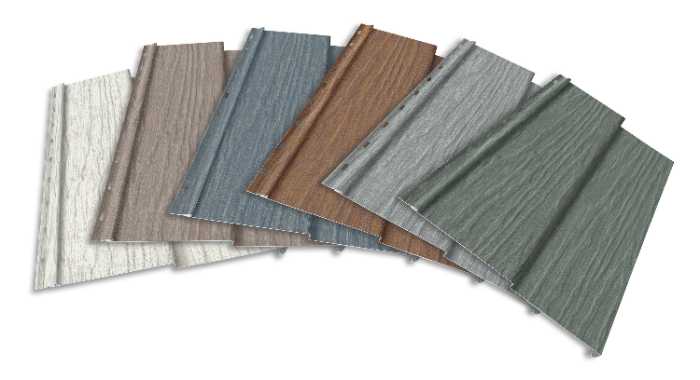
Wood siding is another popular choice for many homeowners. It’s classic look adds natural beauty to any home, and it can be painted or stained to match any color scheme. Wood siding is also very durable, but it does require more maintenance than other types of siding. You’ll need to repaint or stain wood siding every few years to keep it looking its best.
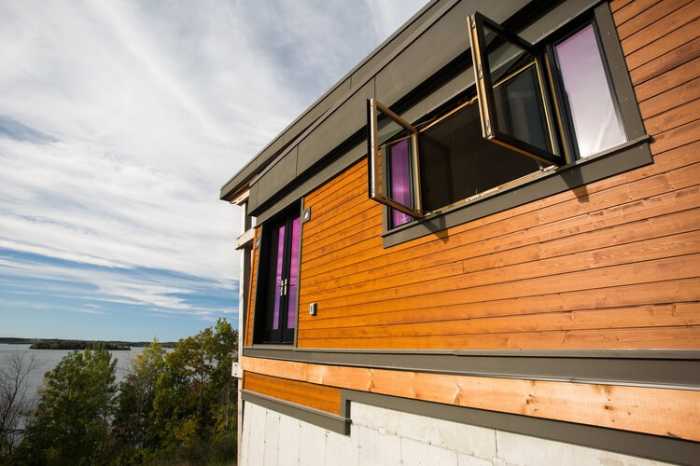
Another alternative can be cedar siding, which is a type of wood siding that is naturally resistant to rot and insect damage. It is an expensive option, but it will last longer than your average wood siding.
Fiber cement siding is made from a mix of Portland cement, sand, and cellulose fiber. It’s extremely durable so fiber cement lasts for a long time on top of that it’s also resistant to fire, pests, and rot. Fiber cement siding can also be painted or stained to match any color scheme. However, it’s more expensive than other types of siding, and it requires special tools and training to install correctly.
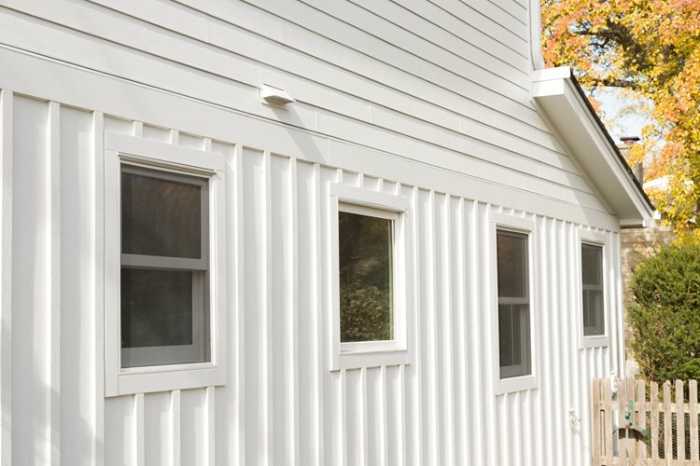
Aluminum siding is a low-maintenance option that’s available in a wide range of colors. It’s also resistant to fire and pests. However, aluminum siding can dent easily and may require repairs or replacements more often than other types of siding.
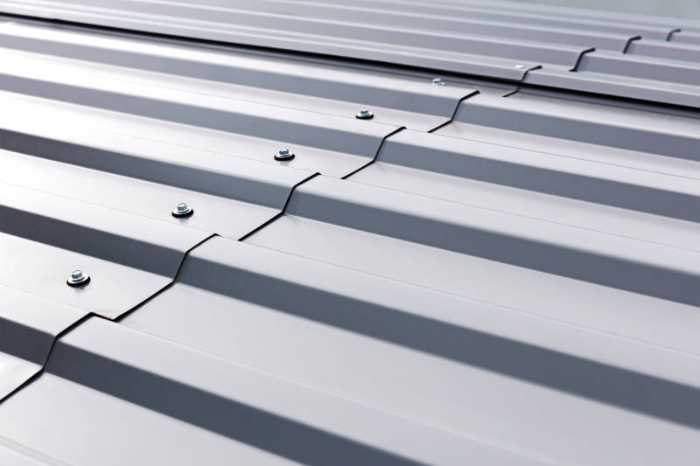
Steel metal siding is one of the most durable types of siding on the market today. It’s also fire-resistant and pest-resistant. Steel siding does require more maintenance than other types of sidings, as you’ll need to repaint or refinish steel siding every few years to keep it looking its best.

When it comes to siding, there are a lot of options to choose from. Vinyl siding is a popular choice because it is affordable and durable. But wood, fiber cement, aluminum, and steel sidings all have their own unique benefits that may be better suited for your home. So, which type of siding is right for you? Speak with a professional to get help deciding what’s best for your needs.
Many people choose vinyl siding for their homes because it is minimal maintenance in comparison to other siding types. Although you don’t have to do much to keep it looking it’s best, there are a few steps you can take to prolong the life of your siding.
One way to ensure your vinyl siding lasts a long time is to wash it regularly. You can do this with a garden hose and some mild soap. You should also avoid power washing your siding as this can damage it, but if you do, make sure to use a low setting and hold the nozzle about 18 inches away from the siding.
Harsh chemicals can damage vinyl, so avoid using them. You should also avoid using abrasive pads or brushes when cleaning vinyl siding. For tough stains, you can make a cleaning solution with 1/3 cup of trisodium phosphate, 1 gallon of water, and 1 quart of bleach. Mix these ingredients together and apply to the stain with a soft-bristled brush. Rinse away the solution with a garden hose afterwards.
Another way to keep your vinyl siding in good condition is to trim back any plants that are growing up against it. This will help prevent them from damaging the siding when they are blown around in the wind. In addition, it’s important to regularly inspect your siding for any cracks or holes. If left unrepaired, these small openings can quickly lead to larger problems, such as water damage or pest infestations. If you do find any, you can patch them with some clear caulking or silicone sealant, but if you notice any major damage, it is best to have it repaired as soon as possible by a professional to prevent further deterioration.
If you take these steps, you can be sure that your vinyl siding will last for many years to come.
Replacing or repairing your vinyl siding is a big decision. There are many factors to consider, such as the age of your home, the type of siding you have, and the severity of the damage. Here are some things to keep in mind when making your decision:
If your home is more than 10 years old, it’s likely that the vinyl siding has begun to show its age. It may be faded, cracked, or peeling. If the damage is cosmetic, you may be able to get by with a simple repair. However, if the damage is structural, it’s important to replace the siding to prevent further damage to your home.
The type of siding you have will also affect your decision. If you have a solid vinyl siding, it will be much easier to repair than a vented vinyl siding. Vented vinyl siding has holes that allow air to flow into the underlying wall cavity. This can make repairs more difficult and often requires replacement of the entire panel.
Finally, the severity of the damage will impact your decision. If the damage is isolated to one area, you may be able to get by with a patch or a small repair. However, if the damage is widespread or severe, it’s important to replace the siding to protect your home from further damage.
If you’re unsure whether to repair or replace your vinyl siding, the best course of action is to consult with a professional. They will be able to assess the damage and recommend the best course of action for your home.
Sure, you can always install vinyl siding on your own, but it’s a big project. There are many different types of siding and each has its own installation requirements. If you’re not familiar with the installation process, it’s best to hire a professional. They will be able to install the siding correctly and ensure that it lasts for many years to come.
If you are in need of a professional for the installation or repair of your vinyl siding, Pro Superior Construction is the company for you. With years of experience in the industry, we know how to get the job done right. We use only the highest quality materials, and our team of experts will make sure to work hand in hand with you in order to achieve the end result you desire. So if you’re in need of vinyl siding installation or repair, make sure to call us today or visit our website for a quick and easy experience.
Vinyl siding can be a popular choice for a home’s exterior. It’s durable, low-maintenance, and comes in a variety of colors and styles. But what other benefits does vinyl siding offer? Here’s a detailed look at some of the most frequently asked questions about vinyl siding.
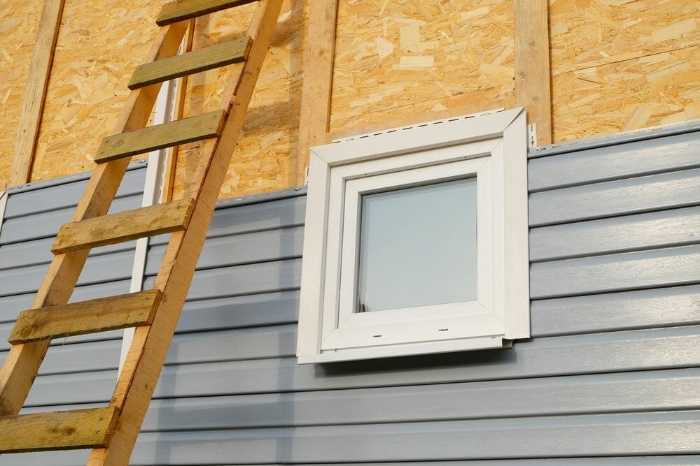
When it comes to durability, vinyl siding holds up well against other common siding materials such as wood, fiber cement, and aluminum. It’s also one of the most low-maintenance options available, so you won’t have to worry about painting or staining it every few years. Additionally, vinyl siding can help improve the energy efficiency of your home by creating an additional layer of insulation. As far as cost goes, vinyl siding is typically more affordable than other premium siding materials such as stone or brick.
A well installed vinyl siding can improve your home’s curb appeal and energy efficiency. It can also help protect your home from water damage by directing water away from the foundation. Finally, it can improve your home’s sound insulation, keeping unwanted noise out.
Foam insulation board is a type of foam that is used as an insulator for vinyl siding. It helps to improve the energy efficiency of your home, can reduce noise levels and can also make your home more comfortable by reducing drafts.
Vinyl siding comes in a variety of colors, styles, and textures. Some of the most popular options include horizontal lap siding, vertical panel siding, and shake siding. There are also a number of specialized vinyl siding products that are designed to mimic the look of other materials such as wood or stone.
As you can see, there are many benefits to choosing vinyl siding for your home. It’s durable, low-maintenance, and comes in a variety of colors and styles to suit any taste. When it’s time to install or repair your vinyl siding, make sure to call Pro Superior Construction. We’re the experts in vinyl siding and will make sure the job is done right.
If you have any other questions feel free to reach out by giving us a call, email, or contacting us directly on our site. we’d love to help answer any more questions or concerns you may have.